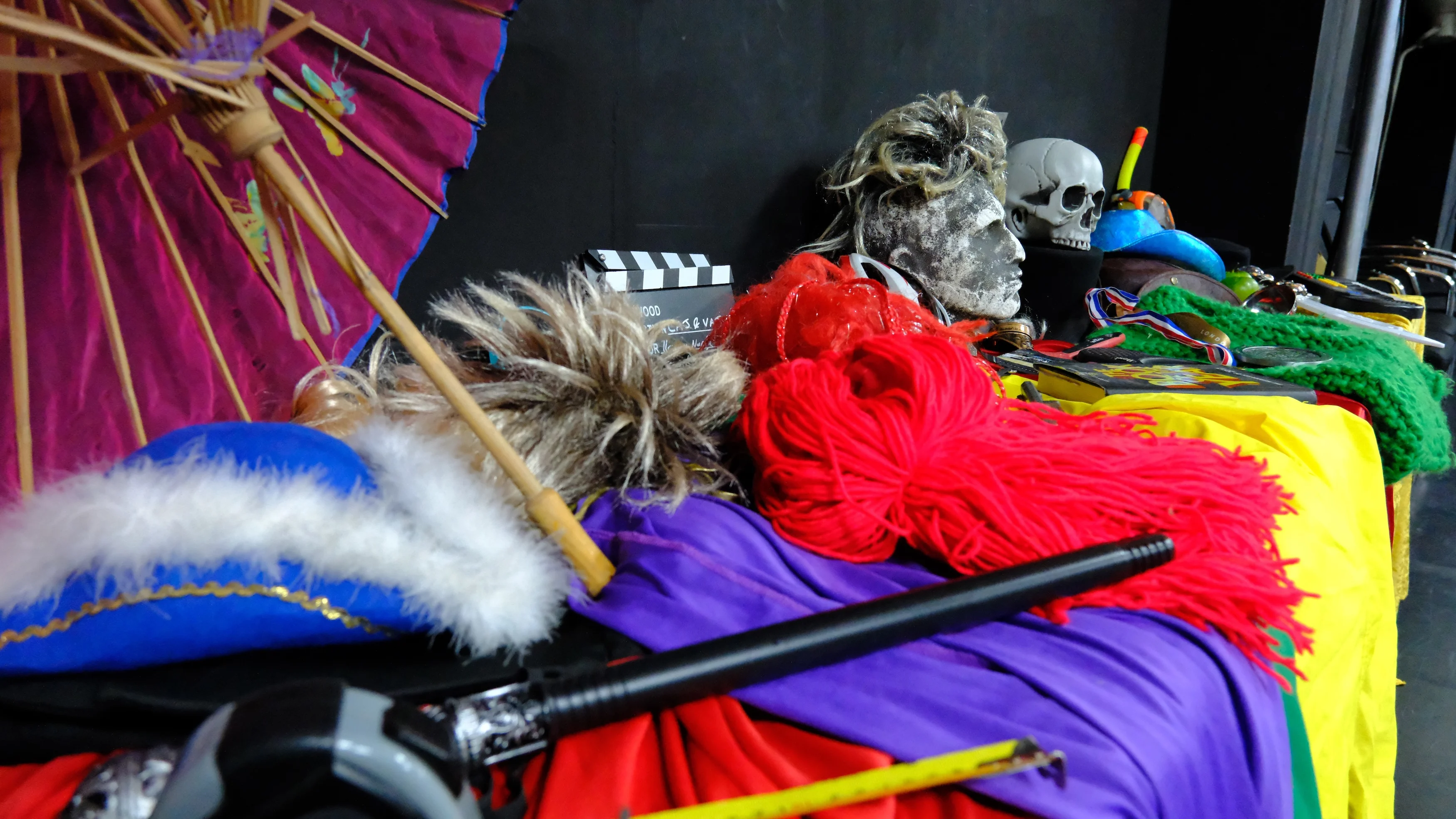
Make Friends Have Fun With Props: Play Games, Discover, Connect - Playface x The Fun Fed
Old Winchester Arms, London
Learn More

Specificity is one of comedy’s sharpest tools. It’s the difference between “a weird guy” and “a man who’s laminated his bus pass 47 times because it feels safer.” The more specific you are, the more your audience can see what you’re talking about - and the funnier it becomes.
In any style of comedy - clown, sketch, stand-up, character, improv — specific choices bring the world to life. When you choose a vague job (“I work in tech”) or a bland relationship (“we’re friends”), the scene stays flat. But when you say you’re “Head of Laser Pointers at Staples” or “childhood rivals who now co-parent a hamster” - suddenly there’s fuel.
Specificity gives comedy texture. A character with a very particular fear (paper straws), a story with oddly vivid detail (“the goat stared at me like it knew my PIN”), or a clown who adjusts their socks before every line - these choices stick. They help us believe in the nonsense, which makes the surprise even better when it comes.
Even simple details - like saying the exact street you live on or the brand of cereal you cried into - can get a laugh. It feels real. It feels true. And that truth can catch an audience off guard. A well-placed bit of hyper-specific mundanity can make something ten times funnier, just because it’s so oddly human.
Being specific also helps you avoid cliché. Instead of reaching for stock characters or easy jokes, you’re building something rooted in truth or lived-in weirdness. That’s where both the funniest and the most memorable comedy lives.
It’s not about adding lots of detail - it’s about choosing the right ones. A single weird word, image or behaviour can transform something from general to gold.
